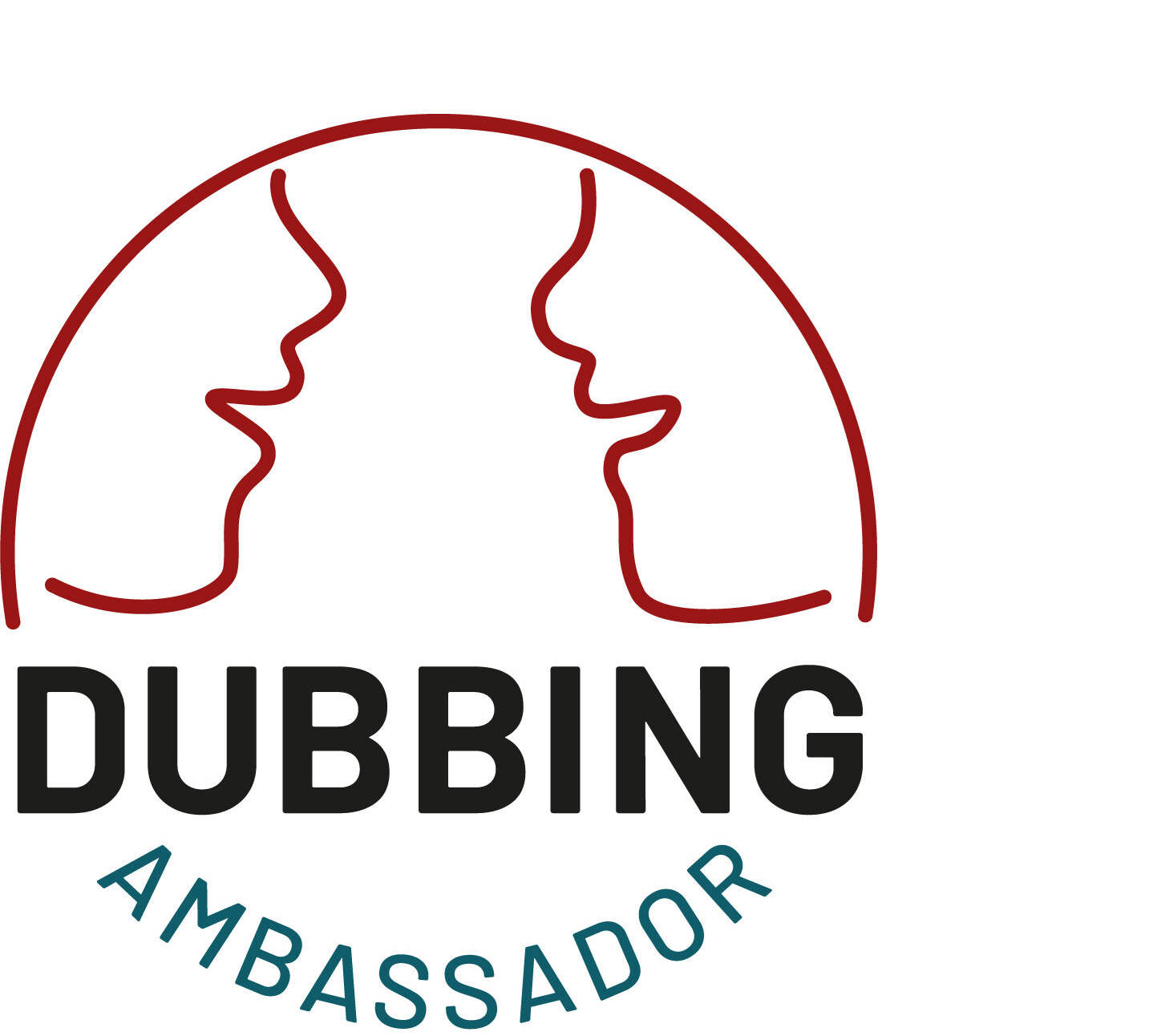Students ask that all the time. What is more important, that a sentence in a dub is lip sync or that it’s the right sentence? Seems like a weird question until you write the dubbing script for, say, Grey’s Anatomy, and for the millionth time, a child lies in a hospital bed and asks the doctor, doe-eyed and scared, “am I gonna die?” and you’re faced with the fact that the right German sentence would be “muss ich sterben”, with a big, fat, un-overlookable bilabial at the end where there is none in the English original. Do you change the sentence around to make it fit? And risk it sounding like unnatural, unidiomatic, forced language that only exists in dubbing? Or do you pretend you haven’t seen that wide open mouth, risk ridicule by everyone in the dubbing studio, as well as the audience, and simply write down what is the right sentence? Now the question sounds a lot less stupid.
So, what is more important, lip sync or content?
The answer is – both.
My first dubbing script teacher always said that you can fool the eyes but you can’t fool the ear. At the same time, the McGurk effect proves that you hear what you see. It’s all connected. It’s all about balance.
How do you find the right balance then?
It’s like learning how to cook. You have to develop taste. And you do that by exercising your own taste buds, and by letting others try what you’ve cooked up. This takes time, and this is why dubbing scriptwriters (and cooks) don’t grow overnight. And there is no magic formula. It simply. Takes. Time.
And even if you finally have developed good taste, you’re still only a cook. You’ll know how much salt is right in a dish, how to get pasta al dente, and that a pinch of ground coffee might just turn your salad dressing into something truly extraordinary.
But you won’t be a chef until you have made these decisions about taste hundreds and thousands of times, with consistency, with ingredients that might be slightly different every time you bring them back from the market, while customers might have special wishes, and your place might suddenly be full to the rafters and you have to serve twice as many people for lunch than you usually have. And despite all that, someone might still not like what you’ve done. That’s because even the greatest chef is not a machine and because it’s all about taste.
Want more on McGurk? You can’t be in dubbing without it … Here, here, and here.




